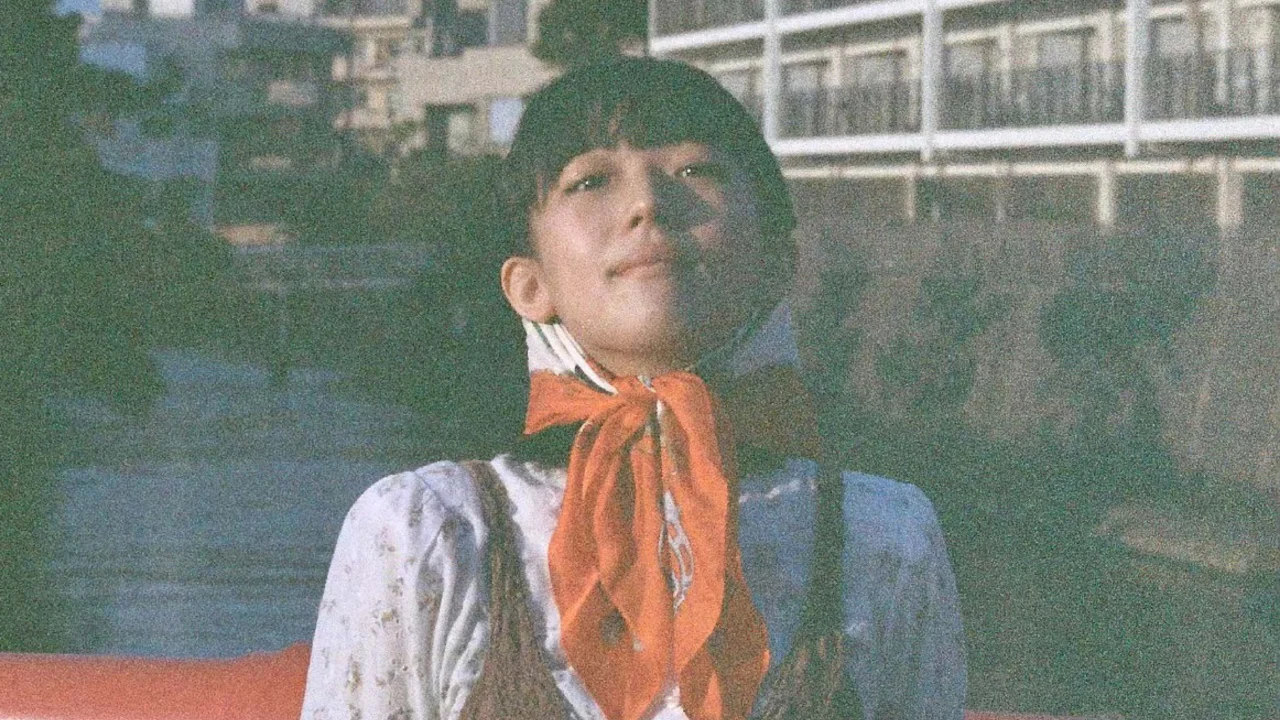INDEX
Enryo no Katamari Joins xiangyu’s “Things I Didn’t Know Had Names Encyclopedia”
Was it the fact that “enryo no katamari” has a name that piqued your interest, or was it the phenomenon itself—the moment when that last piece is left behind?
xiangyu: It was the name itself. I’ve always had a thing for discovering when everyday things have names, like realizing that the blue tab on a bread bag is called a closer, or that the tingling sensation when you hit your elbow is called the funny bone. I even made a song about the funny bone! It’s this instinct of mine to find out what’s behind the name of something familiar. So, learning that this familiar scene had a name—enryo no katamari—was just so fascinating. Before I even thought about wanting to share it with others, I just had to turn it into a piece of music.
If you had a “Things I Didn’t Know Had Names Encyclopedia”, would that be its latest entry?
xiangyu: Yes, exactly! That’s exactly the feeling. And the phrase enryo no katamari itself, with its combination of “enryo” (restraint) and “katamari” (lump), feels so uniquely Japanese and modest. I got curious about whether other countries have something like it, so I did some research and discovered that even within Japan, there are different terms. Enryo no katamari is common in Kansai, but in Kanto, they call it “one piece left in the Kanto way,” and in Aomori/Tsugaru, it’s referred to as Tsugaru-shu. I also learned that people from Tsugaru, aware of their own reserved nature, call those who bravely take the last piece “Tsugaru heroes.” It’s interesting how the same concept can be expressed so differently depending on the region.
The concept of enryo no katamari—where you acknowledge something that’s right in front of you and imagine the story behind it—feels like a natural progression from your previous work, OTO-SHIMONO. For that EP, was the fascination more about the phenomenon of “things that don’t belong being in the street”?
xiangyu: Yeah, exactly! Have you ever seen just one shoe left in the middle of the street? When I’m on tour, I spend a lot of time looking out the window during drives, and I love to think about how something random like that ended up where it is. If I see a glove lying in the street in winter, and it just happens to look like a peace sign, I would find it heartwarming. I guess I enjoy finding my own little games in those moments.

When did you start enjoying your own form of solo play?
xiangyu: It all started back in my school days when I had to commute an hour and a half each way from my parents’ house to Bunka Fashion College. I didn’t have an iPod back then, so I ended up eavesdropping on the conversations around me. I’d overhear the grumpy monologues of businessmen during the morning rush or the puzzling exchanges between elderly women in the middle of the day. Strangers’ conversations felt like their own little radio show, and I realized how fascinating it was to listen to other people’s stories. Even now, I find myself listening in on conversations in trains or cafes, enjoying them like a game or a book. For me, it’s just another form of entertainment—tuning into the stories of others.


























